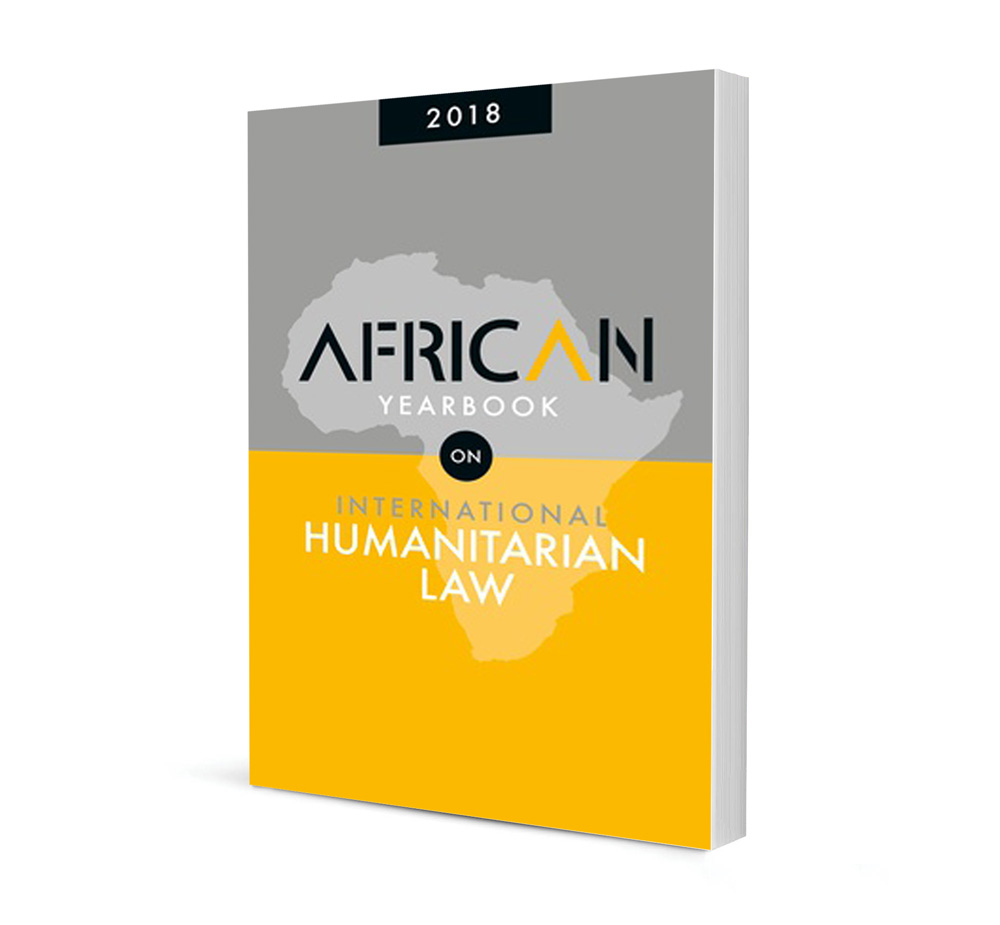
Universal Jurisdiction under Fire in South Africa
Authors Christopher Burke
ISSN: 2521-2621
Affiliations: State Advocate, Director of Public Prosecutions, Cape Town
Source: African Yearbook on International Humanitarian Law, 2015, p. 118 – 144
Abstract
On 16 June 2015 Omar al-Bashir (Bashir), president of Sudan, safely left South Africa amid public outcries and despite a High Court warrant for his arrest. Rumours are rife that government was secretly facilitating his escape while assuring the court of his presence in South Africa. Intense debate has ensued about government’s apparent slighting of the courts and the Constitution. Building on this debate, this article aims to provide some perspective by focusing more on the international criminal law aspects involved and specifically on a contentious principle known as universal jurisdiction. Initiated by the Bashir incident, this article aims to consider the South African Government’s handling of the Bashir incident by providing a broader philosophical understanding of universal jurisdiction, its development and current application in international law. This incident emphasized the schizophrenic behaviour of South Africa’s leaders who say one thing and do something else and try their hardest to sidestep their own laws. That they chose the grandest possible stage to do this on is both unfortunate and embarrassing. The article argues that other future situations will not be so clear cut (ie, with Security Council sanction and backing) and before there is widespread public panic over government’s blatant disregard of the courts and the Constitution the intricacies of international law and politics should be kept in mind. The lack of precedent for universal jurisdiction as well as the cautious way other states deal with it should convince us that it is a complex concept guaranteed to cause a clash between courts and government. Universal jurisdiction based, as it currently is, on the fleeting presence of an offender in South Africa creates more problems than it solves and should perhaps be amended to require a stronger link (such as a measure of permanent residence) in line with the majority approach followed by states internationally.